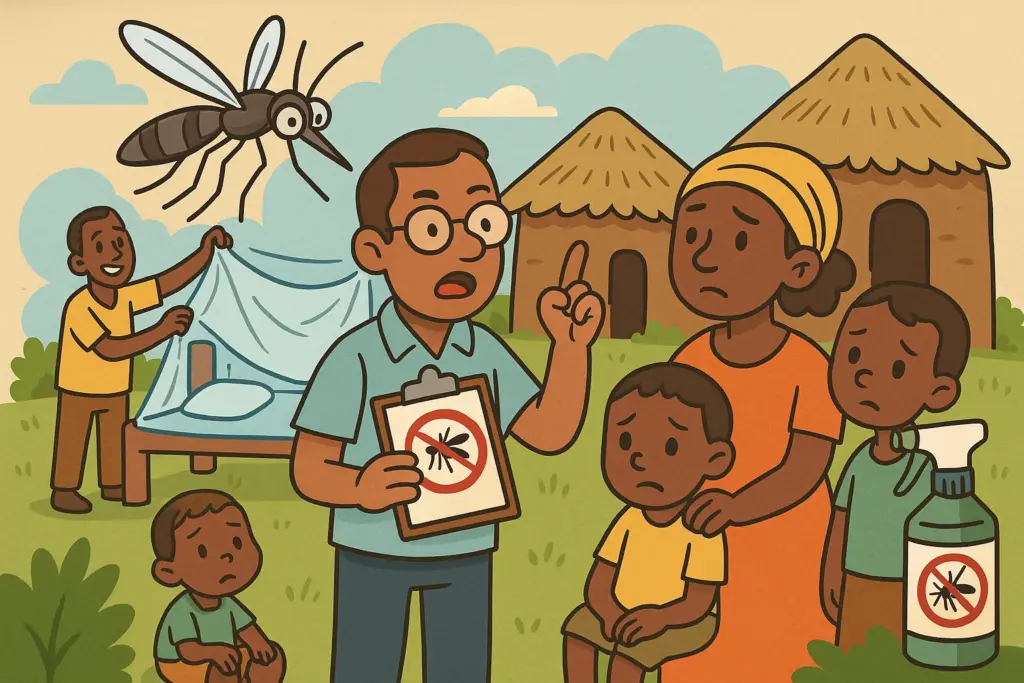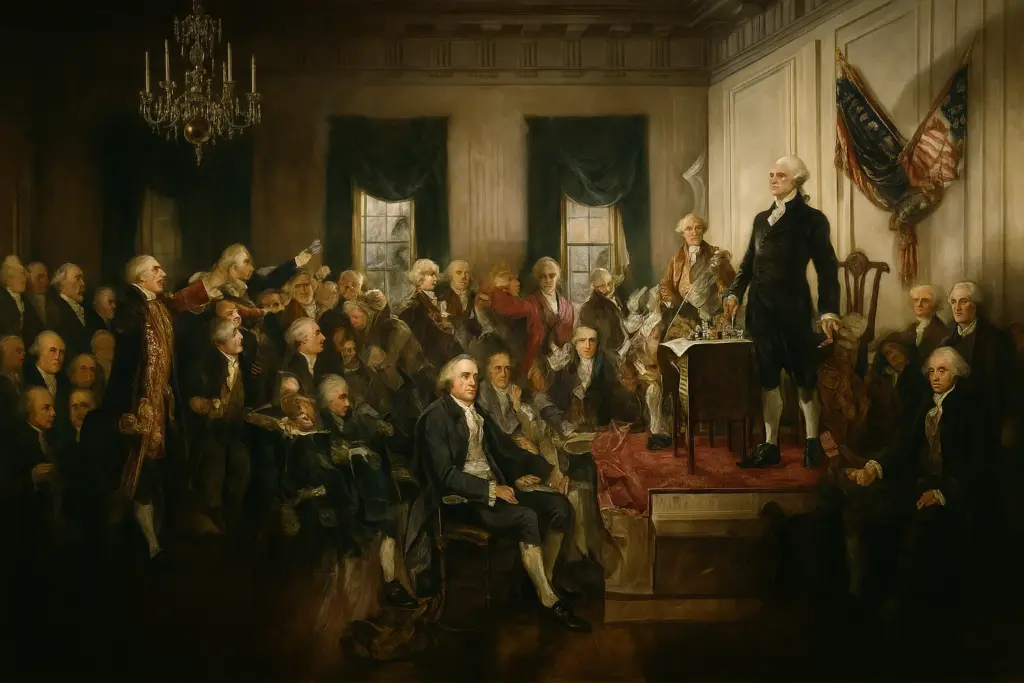"Consider the mosquito borne disease malaria. This year, malaria will kill over one million people, over 80% of which will be children. Great Britain used to have malaria. In North America, malaria was epidemic and there are still a handful of infections each year. In Africa, malaria kills over 100 people per hour. In Russia, amidst the corruption of the 1990s, malaria re-established itself. What is the difference between these cases? We know how to...
Category: In the News
Hire A Clown To Stalk Your Kids
Evil Clown Birthday Service When a Week of Terror Ends with Cake in Your Face Dominic Deville, the Evil Clown of Lucerne Imagine a week of being stalked by a terrifying clown who sends chilling texts, makes prank phone calls, and leaves ominous notes warning that you're being watched. This isn't the plot of a horror film — it's a birthday service offered in Switzerland that culminates in a surprise cake attack. Safety Precautions Despite...
A Bill of Rights in Cyberspace
Proposed by Jeff Jarvis, author of "What Would Google Do?" Jeff Jarvis, author of What Would Google Do? wrote the below rights we should have for the Internet (source): I. We have the right to connect. This is a preamble and precondition to the American First Amendment: before we can speak, we must be able to connect. Hillary Clinton defines the freedom to connect as "the idea that governments should not prevent people from connecting...
Why One Auschwitz Survivor Avoided Doctors For 65 Years
Sixty-five years ago, infamous Auschwitz doctor Josef Mengele removed Yitzhak Ganon's kidney without anesthesia. The Greek-born Jew swore never to see a doctor again -- until a heart attack last month brought his horrific tale into the open. >> Read the full article
Renovating American Infrastructure
I was talking with Scott at lunch yesterday about our normal random things, and somehow we got on the subject of America's infrastructure. I was telling him I recently read a great article from Popular Science about renovating America's infrastructure and wanted to share with everyone as well. The following is an excerpt: "Chicago road crews are scrambling to fill 67,000 potholes a month. Communities in Pennsylvania rely on 100-year-old water pipes made of wood....
An Unusual Love Story (Email I Received)
Friends Forever — An orangutan was in a rescue and not doing well. This old hound wandered in absolutely emaciated and the orangutan snapped to like his buddy had arrived. He stayed with the hound night and day until he was well and in the whole scenario found a reason to live. Suryla and Roscoe are now inseparable. Where you lead, I will follow...best friends Suryia the orangutan and Roscoe the Blue Tick hound. Doggy...





